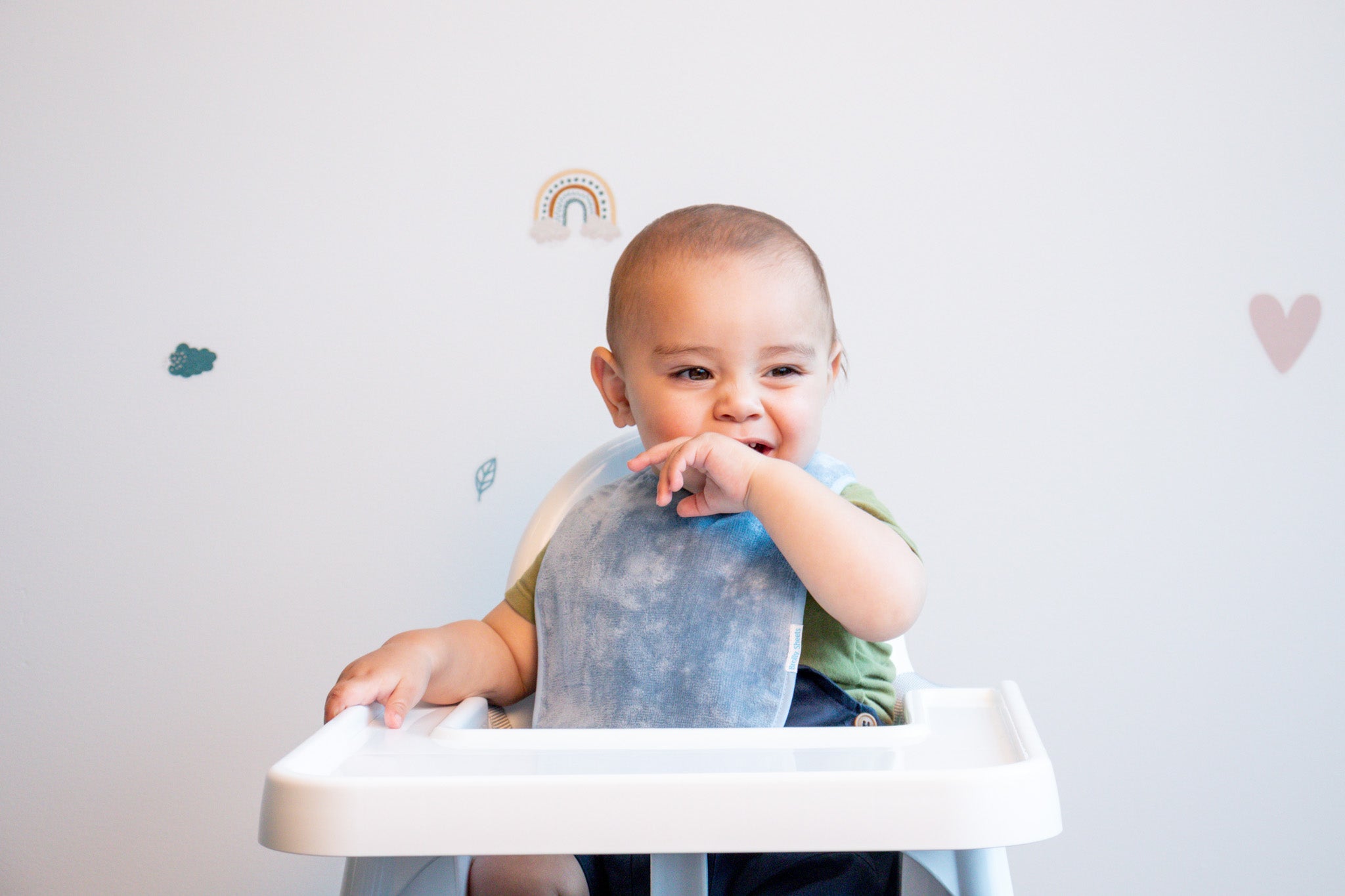
Parenting and Mental Health: Navigating Parenthood and Mental Well-being

Nurturing Minds: Parenting, Toddlers, and Mental Health - A World Mental Health Day Special at Brolly Sheets.
World Mental Health Day serves as a poignant reminder of the vital role mental health plays in our lives. It highlights the crucial link between parenting, mental health, and the well-being of young children—a conversation at the heart of modern parenting. This day encourages us to reflect on our own well-being, not just for ourselves but also for the little minds we nurture: our children.
The Relationship between Parenthood and Mental Well-being
In the beautiful chaos of parenthood, the mental well-being of parents is a crucial factor in creating a harmonious family environment. This article explores the connection between parenting and mental health, shedding light on the emotional demands and stressors faced by parents.
The Rollercoaster of Emotions in Parenthood
The journey of parenting is a rollercoaster of emotions. From the excitement of a child's first steps to the challenges of sleepless nights, each moment has a profound impact on a parent's mental health.
Parenthood is full of immense joy, but it comes with its share of emotional demands. The highs and lows of raising children can take a toll on parents, emphasizing the need for a delicate balance between caregiving and self-care.
As your child grows, the stressors evolve. Picture the challenges of a toddler asserting their newfound independence or a school-age child navigating the complexities of friendships. These moments demand acknowledgement. It's not just physical tiredness; it's also emotional fatigue. It's the weight of guiding a tiny human through their big world. This responsibility can feel a bit like a superhero cape—empowering, but heavy. Here, self-care becomes paramount. Whether it’s a chance for a quiet breath, a shared laugh, or reaching out for support when it all feels too much, recognizing the emotional intensity of parenthood is the first step to maintaining mental well-being.
Self-care becomes not just a necessity but a reminder to enjoy the ride—whether you're chasing a giggling toddler or sharing stories with a school-age explorer.

Managing Stress on the Parenting Journey
Navigating the complexities of parenting brings unique stressors. Balancing work, family, and personal life can feel like walking a tightrope. Recognizing signs of burnout and implementing stress-relief techniques are essential for maintaining mental well-being.
Understanding the sources of stress is the first step in effective management. For instance, the pressure to meet societal expectations or the constant comparison with other parents can contribute to heightened stress levels. Parents must recognize the signs of burnout—persistent fatigue, feelings of being overwhelmed, and a sense of detachment. Stress relief strategies are diverse, and what works for one may not for another. It might involve seeking social support, establishing clear boundaries between work and personal life, or engaging in activities that bring joy.
Prioritising Parental Well-being
A resilient parent creates a positive environment for their children. Mum and Dad are often emotional anchors for their children as they grow and learn, so amid the chaos of parenting, prioritizing parental mental health is not a luxury but a necessity. Imagine yourself as the captain of a ship; a mentally healthy captain ensures a steady course for the entire crew. This analogy emphasizes that the mental state of a parent directly influences the family dynamic. It is vital to explore the significance of prioritizing parental mental health, discussing self-care practices, setting boundaries, and seeking support when needed.
Whether it's a regular exercise routine, journaling, or engaging in hobbies, these intentional moments contribute to emotional resilience. Seeking professional support is not a sign of weakness but a proactive step toward maintaining mental well-being.
A resilient and mentally healthy parent is better equipped to provide a stable and nurturing environment for their children to thrive.
Conclusion: Empowering Parents for Mental Well-being
Being a parent, in all its messy glory, can be a tough journey, but it is one of the best and most important ones we will ever take. As we recognize the importance of World Mental Health Day, let this be a call to empower parents to prioritise their mental health. By doing so, we contribute to a world where parents are equipped to provide a nurturing and supportive foundation for the next generation.










